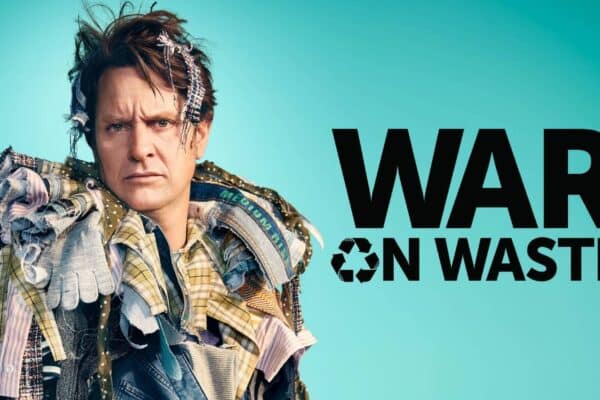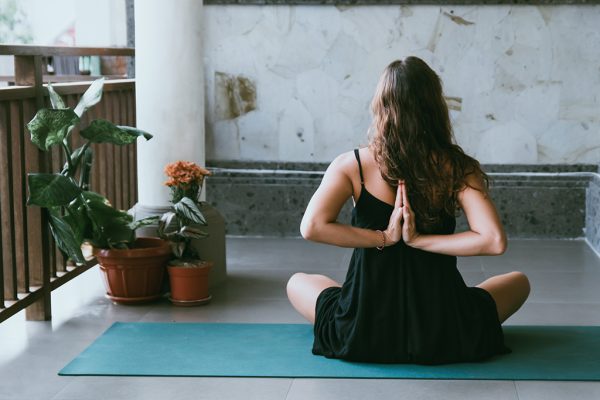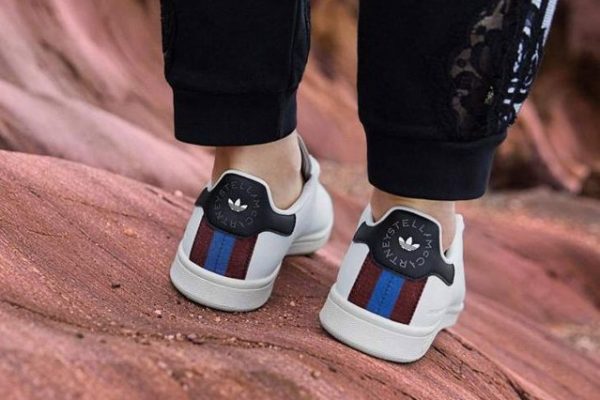Fast fashion is a touchy subject.
Try telling someone they’re the cause of an industry that’s exploiting thousands of people and ruining the environment, without making them feel bad or argue against you. It’s rough on everyone involved.
But the conversation is not a lost cause, and it’s got to happen.
Whether you’re new to the ethical fashion conversation or an old veteran who’s converted many, you’ll know that there are a few common arguments that are thrown back at us when we broach the topic.
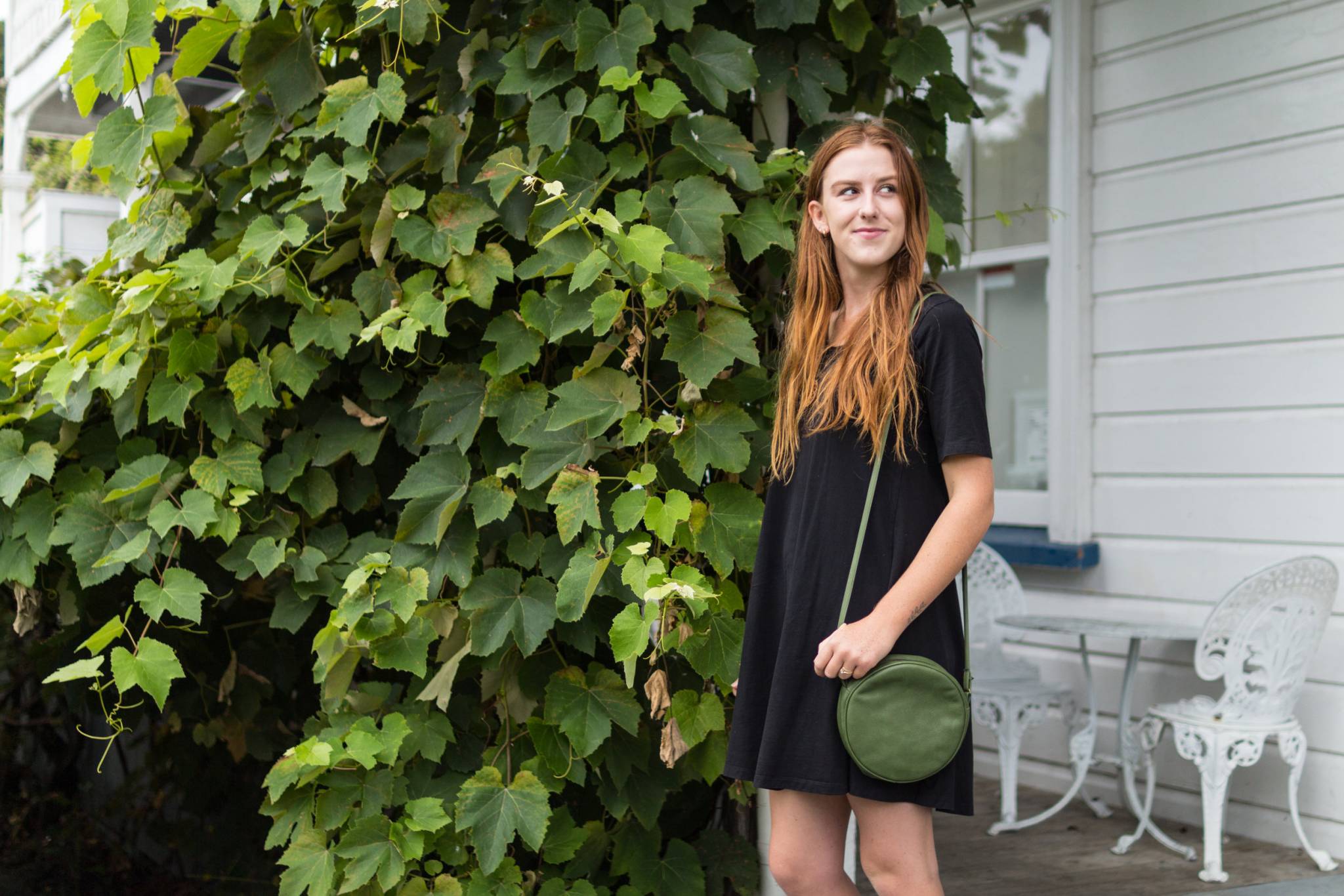
Affordability, the feasibility of making a difference, and the negative effects of boycotting fast fashion are brought up in what are often very strong rebuttals against buying ethical fashion.
I’ve talked the talk and walked the walk for over three years now. Even though I’m still frequently bewildered by the complexity of the topic, and continue to master my responses, here’s what I say when rebutting the most common arguments against ethical fashion.
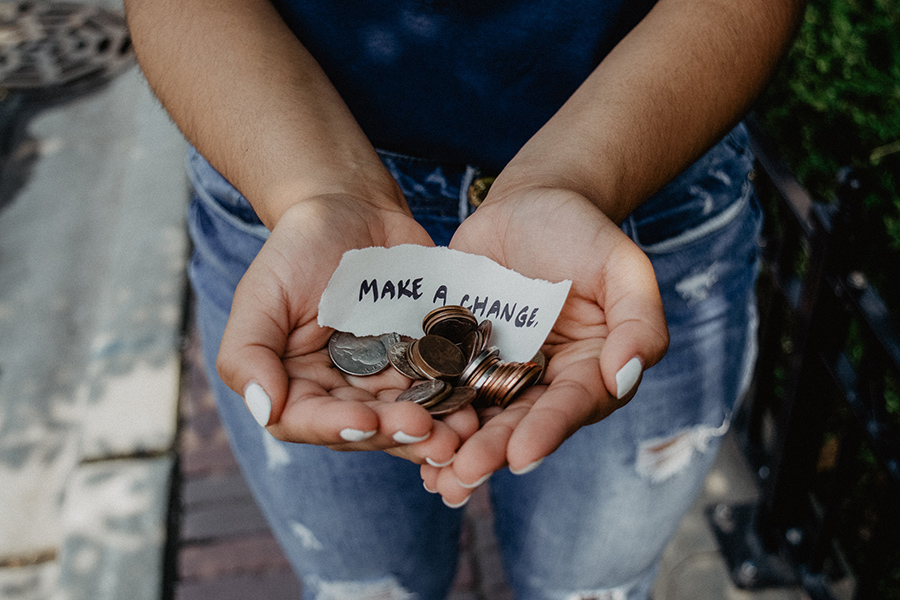
Sustainability, straight to your inbox
Monthly tips, stories, and inspiration to make living greener easy
“I can’t afford it.”
Bullshit.
I started my ethical fashion journey when I was 18 years old, a mere university student with nothing to my name. I could afford to make the switch.
In fact, after learning the facts, I couldn’t afford not to.
Ethical fashion doesn’t just mean the $300 Kowtow pants calling your name in a shop window. It’s not only about expensive “conscious” collections.
Embracing ethical fashion means changing the way you consume.
- Embracing ethical fashion means you adapt to a new way of consumption, and partake in slow fashion habits.
- Try visiting an item 5 times before you purchase it, repairing your shirt instead of buying a new one, buying second-hand,
- or limiting yourself to buying only 5 new items per year.
There are many ethical fashion brands available at different price points and ways to make some of the higher-priced items affordable. The biggest shift is behavioural, moving from fast, frequent shopping to slower, more intentional choices.
A great one liner rebuttal: “If you’re not paying the price, someone else is. How can you sit comfortably with that?”
What bugs me is that most of the people who tell me they can’t afford ethical fashion go shopping every single weekend.
They’re also the people who say they ‘have nothing to wear’ when their wardrobes are bulging. If you’re spending $40 every weekend on a couple of throwaway pieces, that’s $160 a month that could go towards one well-made item you genuinely love and will wear on repeat.
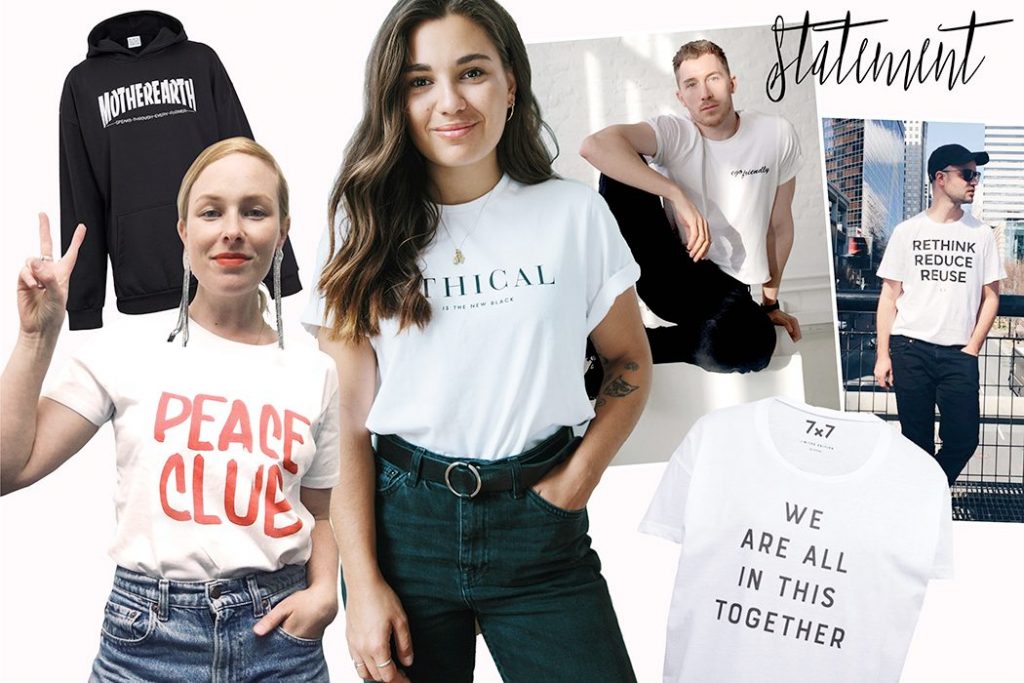
Image vie Peppermynta
“But I’m just one person; if I buy an ethical t-shirt, that’s not going to change anything.”
Okay, so maybe your one t-shirt purchase won’t overhaul the global fashion system.
But if everyone were to buy one ethically made t-shirt, holy moly, the signal to brands would be huge.
We can’t keep shrugging off our impact by saying “I’m just one person.” Millions of “just one persons” are exactly what sustain the system as it is.
Every purchase is a tiny vote for the kind of fashion industry we want. When enough of those votes line up behind better standards, brands begin to notice, and they change.
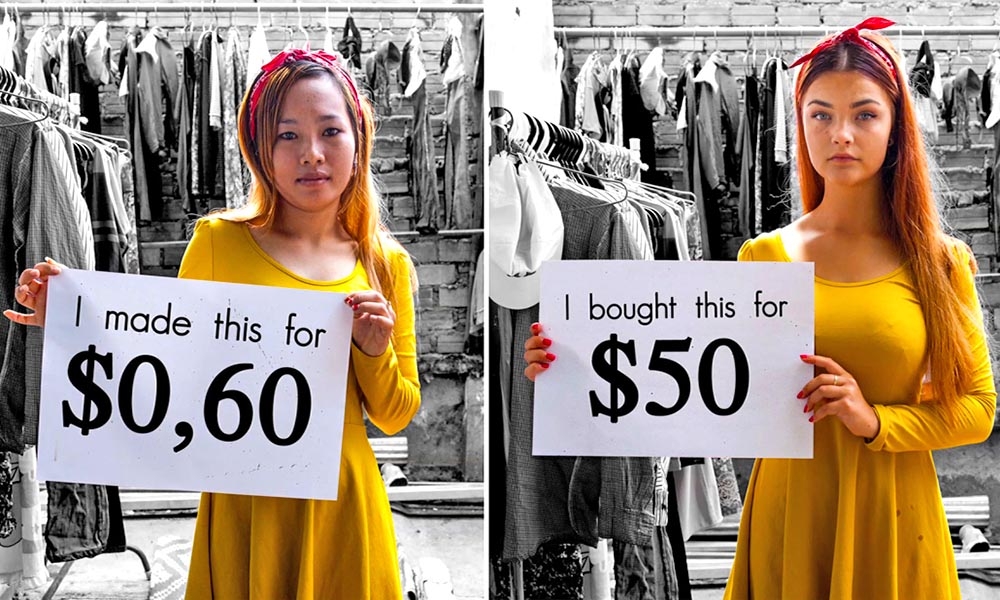
Image via Giraffe Sightings
“But I’m giving people jobs!”
Touché. This is one of the rebuttals I struggle the most to answer.
Yes, garment workers in many factories are earning very low wages and working in poor conditions. But they also need income, and for a lot of people, those jobs are one of the few options available in their local economy.
The solution isn’t to pretend we’re “rescuing” anyone simply by buying more fast fashion. It’s to push for better jobs, which also means safe conditions and wages that actually cover the basics of life.
If we gradually increase the demand for ethical fashion, and vote with our pockets for those companies working with factories implementing fair trade standards, we’re showing the fashion industry what we want, and encouraging them to raise their standards.
Research for Oxfam’s What She Makes campaign found that, on average, just 4% of the price of a piece of clothing sold in Australia goes to the wages of the workers who made it. Fashion brands would only need to raise their prices by ten cents per item of clothing to begin to improve wages.
Deloitte’s analysis for the same campaign showed that even if big brands passed the entire cost of paying living wages on to consumers, it would only increase prices by around 1%, that’s about 10 cents extra on a $10 T-shirt.
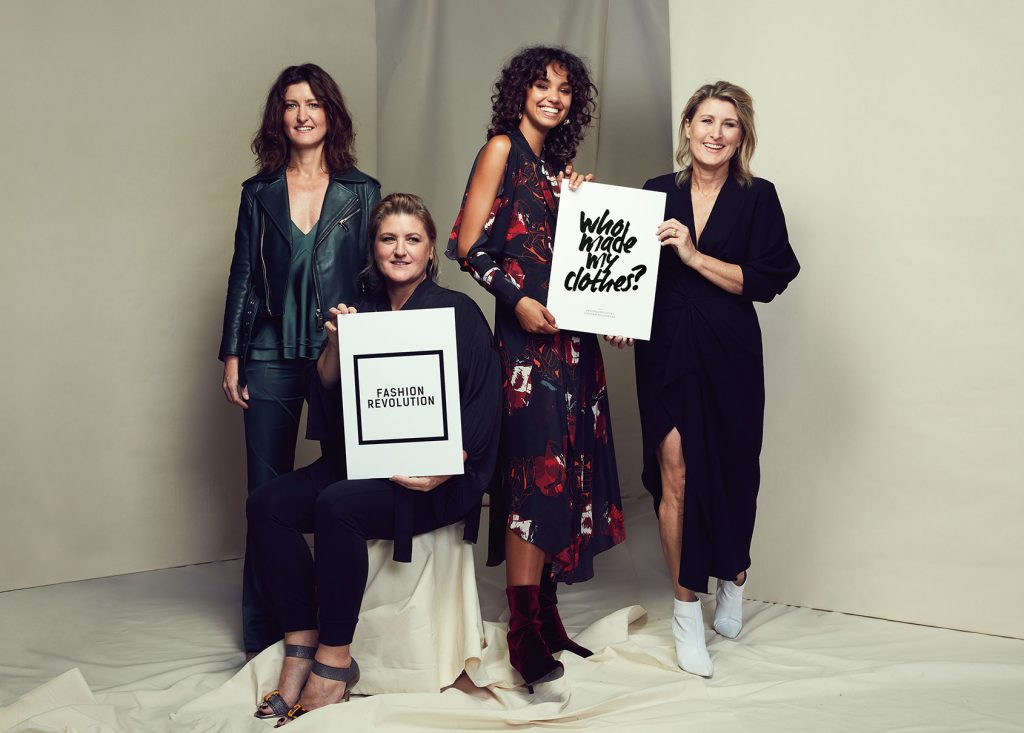
Image via David Jones
Boycotting fast fashion isn’t boycotting fashion altogether; we’re still contributing to the economy, but in a thoughtful way that shows the rest of the world what we want the future of fashion to look like.
Recently, I dug into this common rebuttal and discussed whether boycotting fast fashion companies is really the solution. I concluded that a great way to drive change and ensure people aren’t put out of work when they desperately need jobs is to encourage larger brands to make the switch. This way, there is less hurt in an economy that needs sweatshops to survive.
ACTION: Email your favourite mainstream fashion companies, and ask them questions. Where are your clothes are made? What steps are you taking to improve your standards?
I know it’s not this simple. The fashion industry will always be the mystical, complex industry it is, but hopefully these points help empower your discussions and steer your conversations positively.
Always remember your core values, let the opinions of the opposition grow your passion rather than stunt it, and stick to your guns; you’re not alone in this fashion revolution.
